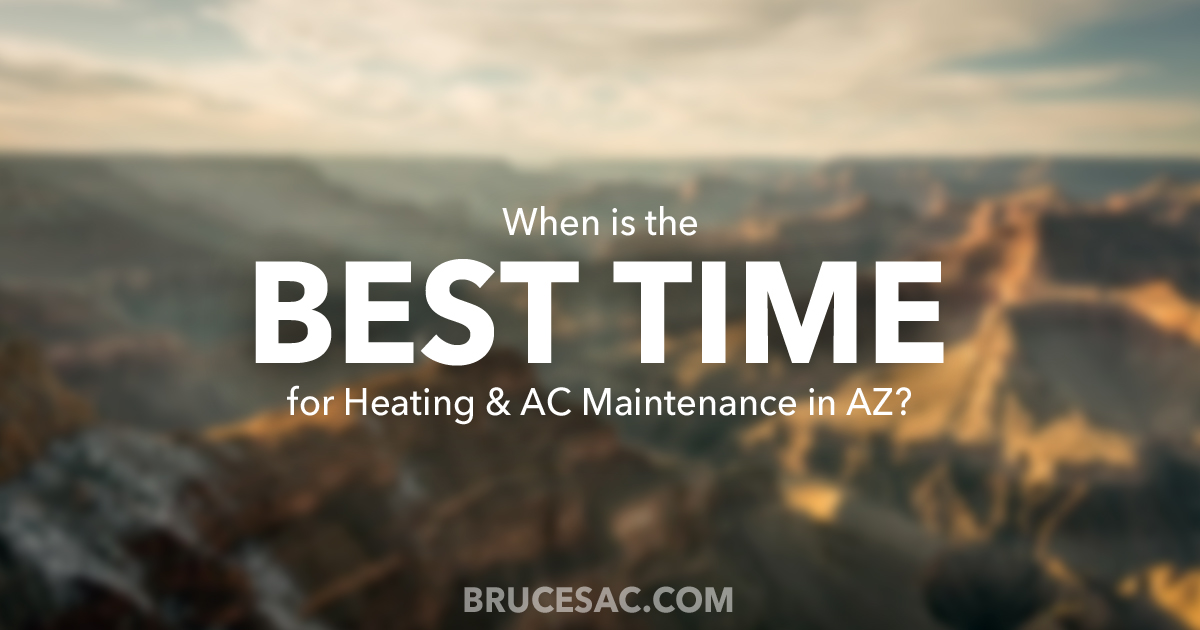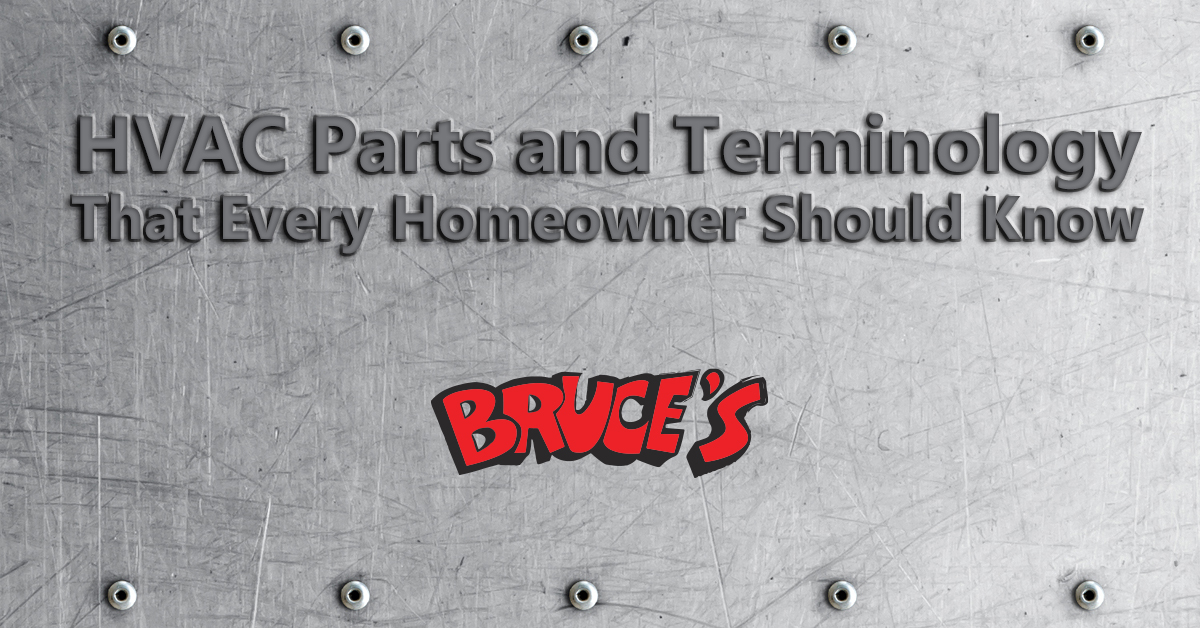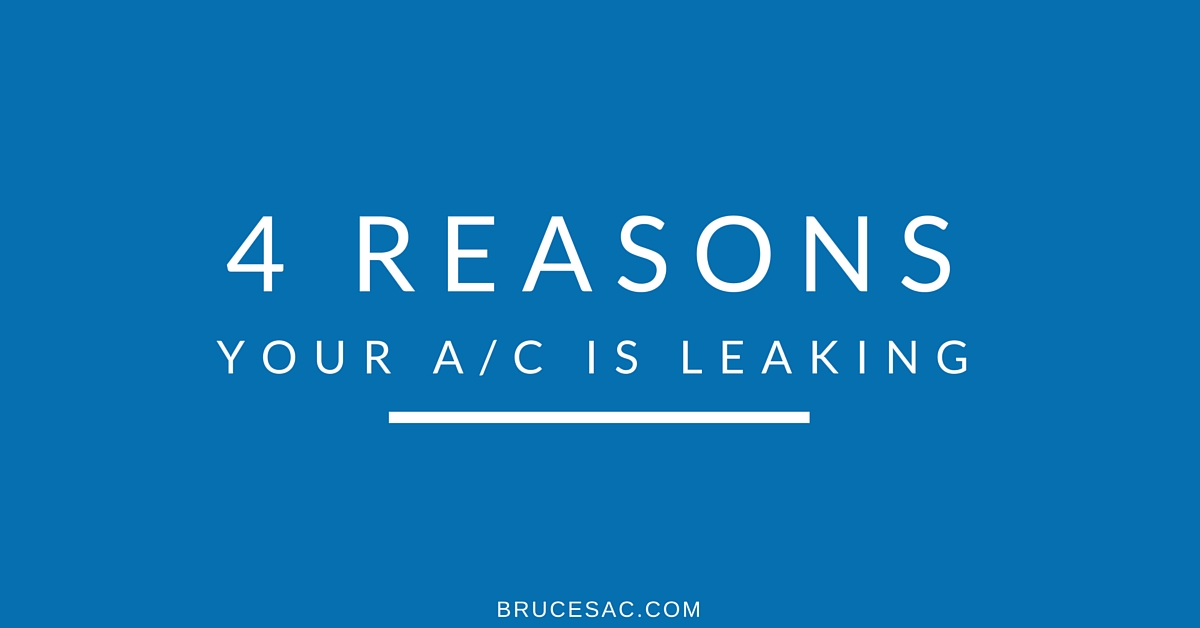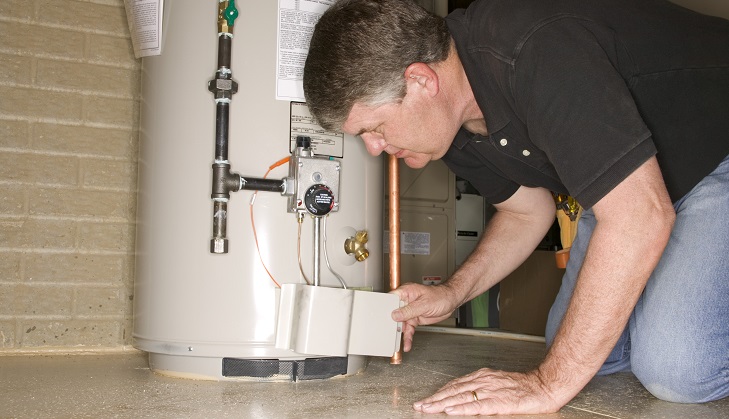 With the mild winters in Arizona, you may not think about having your heating and air conditioning system professionally inspected and maintained until spring, when it’s already warming up. To guarantee your family’s comfort throughout the most severe seasons, the best times to have a professional inspection and maintenance are fall and winter.
With the mild winters in Arizona, you may not think about having your heating and air conditioning system professionally inspected and maintained until spring, when it’s already warming up. To guarantee your family’s comfort throughout the most severe seasons, the best times to have a professional inspection and maintenance are fall and winter.
Don’t Wait For An HVAC Disaster
According to a 2015 Emerson survey, the most common reason homeowners replace their HVAC system is a major breakdown. Most people wait until a system is completely non-functional and beyond repair to get a new one. However, the most common time for an heating and air conditioning system to break down in Arizona is in the heat of summer.
Arizona residents don’t want to be stranded without air conditioning in such high temperatures. With proper professional maintenance in the fall or winter, a professional technician can tell you if your system will need to be replaced soon. With this information, you can schedule a convenient time to have your technician replace your system. You wouldn’t want to go without the comfort of your HVAC system during the summer. At such a busy time, it can take days for a technician to make it out to your home.
If your system does need replacing in the fall or winter, you will have time to research and speak with your technician about your specific needs. What size, efficiency rating, and features does your home require?
What Maintenance Does My HVAC System Need?
According to ENERGY STAR®, a typical professional system maintenance should include the following:
- Checking the thermostat settings – Make sure your thermostat is programmed to give you the perfect temperature when you are home and save money when you are away.
- Tightening the electrical connections – A professional should also measure the voltage and current on all the motors in your system to keep your system working safely.
- Lubricating the moving parts – Un-lubricated moving parts cause friction in your motors, which increases wear and tear, and reduces the efficiency and lifespan of your system.
- Checking the controls on the system – Does your system start, operate, and then shut-off correctly?
- Checking gas or oil connections, your gas pressure, and burner – A gas or oil leak can be dangerous. A dirty heat exchange or heater causes your system to operate inefficiently.
- Inspecting, cleaning, and changing your air filters – This one doesn’t require a professional, you should do this yourself often. Check your owner’s manual for additional information.
Having your HVAC system professionally inspected in the fall or winter offers you the time and ability to choose the right system for your needs. If your system fails in the summer, as most do, you will likely be tempted to find the first available technician with a replacement – and that’s not always the best option. Targeted inspections during fall or winter mean greater peace of mind and a more comfortable home. Contact us today to schedule a visit.







 The heating, ventilation, and air conditioning (HVAC) system is one of the most important parts of any home. It keeps a house warm in the winter and cool in the summer, making the environment comfortable year round.
The heating, ventilation, and air conditioning (HVAC) system is one of the most important parts of any home. It keeps a house warm in the winter and cool in the summer, making the environment comfortable year round. During the summer months one of the most frequent calls we get is:
During the summer months one of the most frequent calls we get is: All of us at Bruce’s Heating & Air Conditioning are going to be proudly celebrating our country’s birthday soon and want to wish you a happy 4th of July, as well! We’ve compiled a list of a few events around town to help you plan your 4th of July weekend coming up.
All of us at Bruce’s Heating & Air Conditioning are going to be proudly celebrating our country’s birthday soon and want to wish you a happy 4th of July, as well! We’ve compiled a list of a few events around town to help you plan your 4th of July weekend coming up. Gas water heaters are a triumph of simplicity in engineering. Without significant energy consumption they can supply showers, faucets and washing machines with all the heated water they need for extended periods of time.
Gas water heaters are a triumph of simplicity in engineering. Without significant energy consumption they can supply showers, faucets and washing machines with all the heated water they need for extended periods of time. There are two important home maintenance procedures you can perform to help keep your gas water heater in great working order.
There are two important home maintenance procedures you can perform to help keep your gas water heater in great working order.



